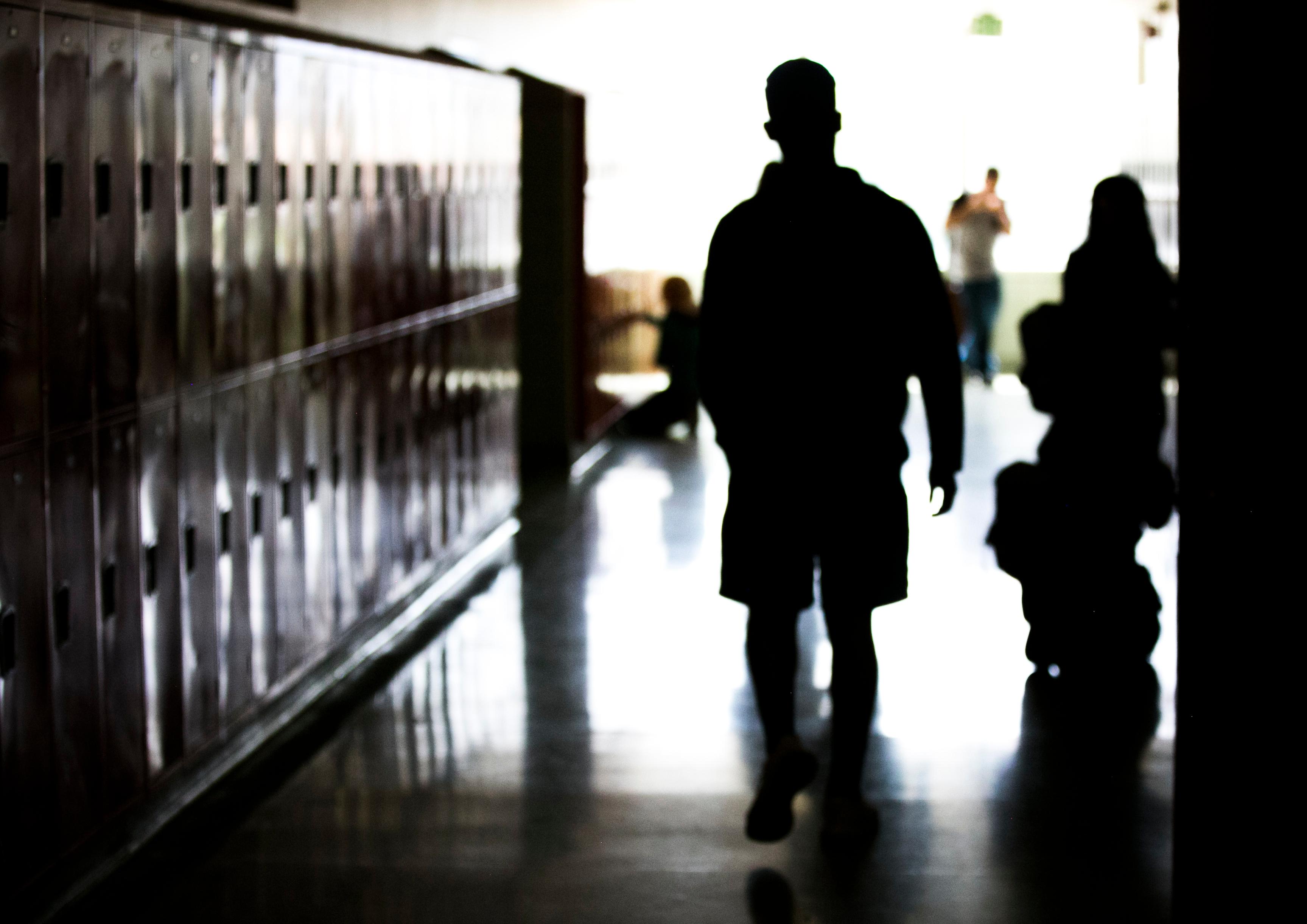
Plans for a health clinic at Grand Junction High School are back on after months of community and school board debate, and an earlier rejection at the board level.
Mesa County Valley School District 51 School Board members voted 5-0 to have district staff take steps to establish a health clinic on campus. The meeting drew a packed house of supporters and opponents, with applause breaking out when the decision was finalized.
The clinic is tied into construction of the new Grand Junction High School, which is presently underway and expected to be completed in 2024.
The board in March voted down similar plans for a clinic, which was to be operated by MarillacHealth, a nonprofit health care provider. That vote was 3-2, with board members Angela Lema, Andrea Haitz and Will Jones voting against the inclusion of the clinic. Those three notably campaigned as a conservative bloc in Mesa County’s 2021 November election.
“It is clear that all individuals agree that students can benefit from behavioral health and medical services,” Board President Andrea Haitz said, explaining her vote Tuesday night. “However, what has been clear is that this issue tends to raise various other issues.”
Those other issues were reflected in a buffet of reasons listed in public comment opposing a school-based health center. Some who spoke to the board alluded to violations of the Taxpayer’s Bill of Rights, or TABOR, saying that the ballot measure approving money for the school did not include mention of the health clinic and may have therefore violated single-subject rules. Other commenters said the clinic should be across the street or that the clinic may circumvent parental consent. A few speakers discussed fear of gender-affirming care being performed in high schools.
Proponents of the center spoke to the need for health care access for students, particularly low-income students. Those advocating for the center included doctors, teachers, students within the district and many parents.
“When you’ve lived in poverty, you understand that you don’t have access,” Jennifer Reyes told the board. “School-based health centers give access.”
The center is modeled after a similar one in the school district at Central High School. In an effort to ameliorate concerns about the clinic, MarillacHealth employees who work at the Central High School clinic have been explaining what they do.
Steven Martinez, a behavioral health provider, said he counsels students to speak with their parents, not sidestep them, and Rosa Gardner, a physician assistant, explicitly noted the health clinic does not provide abortions, hormone treatments or complex psychiatric care.
“There’s obviously a lot of things we don’t do at the Warrior Wellness Center. I’m not a surgeon. Steven’s not a psychiatrist,” she told the board.
Gardner also touched on parental consent issues. Under Colorado law, treatment for sexually transmitted infections, substance use and reproductive health only requires minor consent. Gardner said less than 1 percent of the visits to the health center are related to reproductive health.
“Of the students that I do contraceptive stuff with, I’d say between 50 and 60 percent of the parents are aware. It’s just easier for them to get it at school because they can see me faster,” she said.
The board’s earlier rejection of the clinic drew a passionate response from the community. Haitz is the subject of a recall effort attempting to gather enough signatures to put her job on the ballot. That effort lists the health clinic controversy in their bill of particulars. Haitz alluded to that pushback in her comments on Tuesday after voting to support the clinic.
“Everybody understands and knows that these services are needed. A lot of times we vote no on ballot measures because we don’t agree with the language,” she said. “I think pigeonholing those of us who voted no, to say that we don’t value those things, was very much misconstrued — because some of us worked very hard to find alternatives.”
The health clinic resolution approved Tuesday differs in some ways from the initial proposal. The earlier version stipulated the clinic would be run by MarillacHealth and explicitly referred to the facility as a school-based health center.
Tuesday’s resolution notes only that the center will be on the Grand Junction High School campus, though it remains possible that the clinic is included in the new school and is operated by MarillacHealth as originally planned. There was a brief discussion as to whether the change in language was meant to allow for flexibility in the planning or as a means of circumventing the goal of the clinic. The board resolution essentially shifts that decision to Superintendent Brian Hill.
“In my hope of finding a mutually satisfactory solution, we are now assigning the task of establishing a wellness center to Dr. Hill. Dr. Hill, along with others, will ascertain the most effective approach for students’ wellness at Grand Junction High School considering the unique context of D51 and the opinions of all,” Haitz said. “The results may align with the hopes of some of us, or it may not.”









